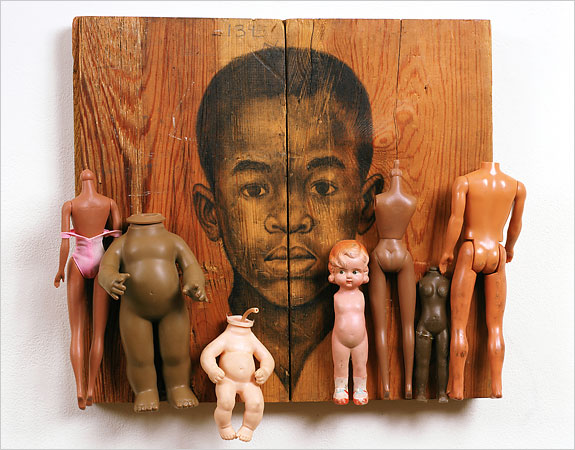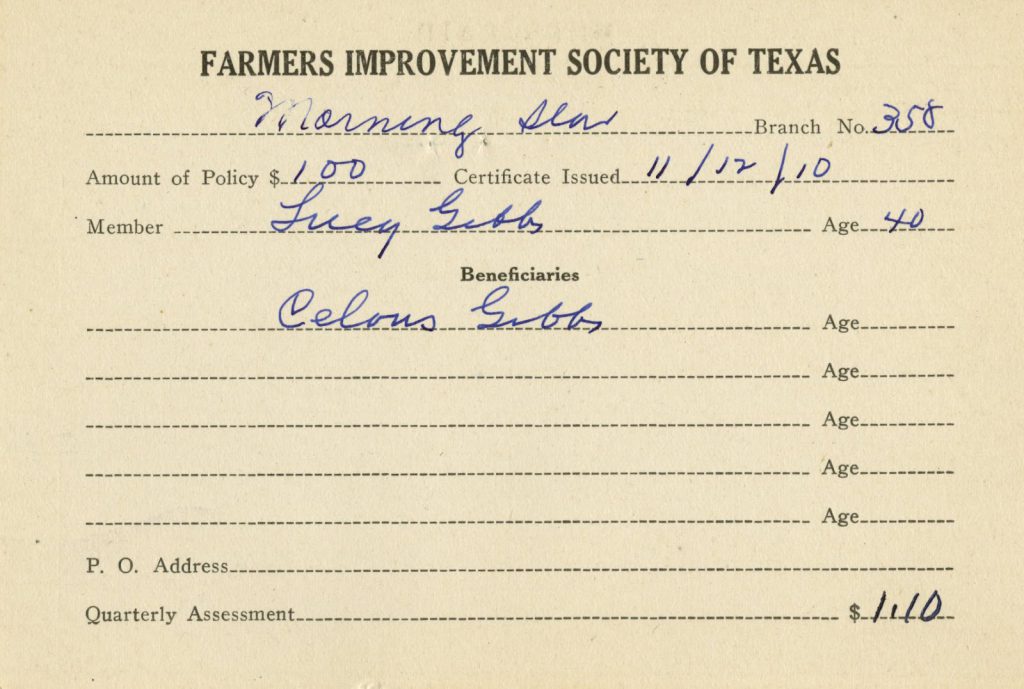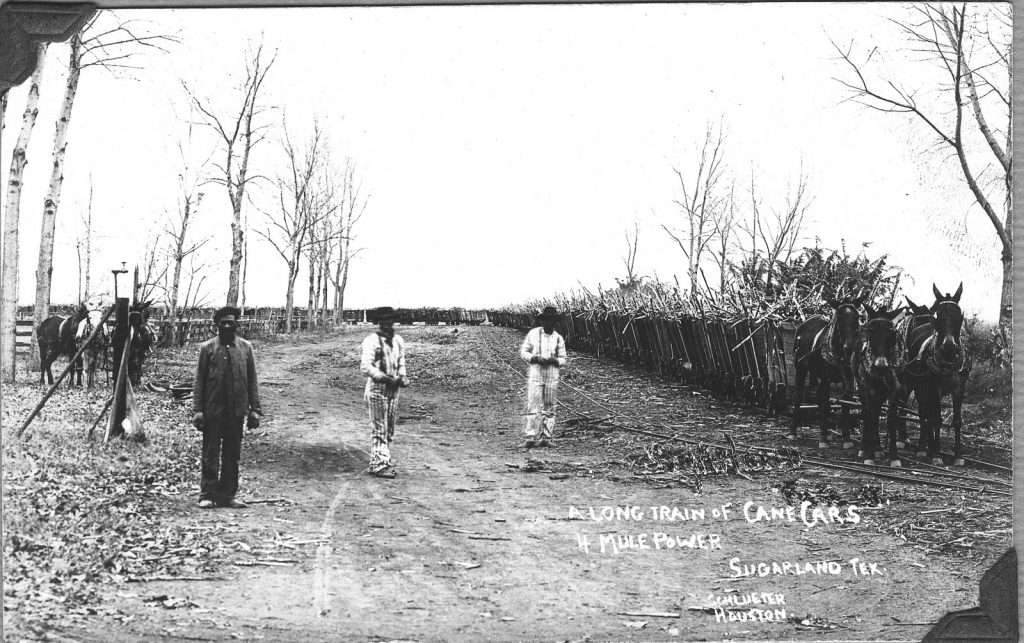
Art by Whitfield Lovell
ABSTRACT

FIS Membership Card

Sugar Land Convict Labor
“This paper considers the challenge that racial and social constructs bring to the spatial agency of African Americans in suburban planning contexts. The paper uses two sites in Fort Bend County, Texas, to theorize the complex nature of spatial agency and uses various methods or approaches to correcting errors and counteracting the negative effects of deliberate forgetting. One space is FIS cemetery founded by an African American mutual aid society based on racial uplift and self-sufficiency. The other site is Mayfield Park, a predominately African American neighborhood behind a sugar refinery site in the midst of becoming a dense, mixed-use development. In one site, there lies the history of past agency, and in the other an opportunity to enact agency as never before. The paper illuminates how within the landscape and built environment, a carefully constructed American public history based on dis-remembering difficult heritage creates an invisible heritage for those whose “black bodies” have been dominated by so -called dark heritage. I will end this paper by asking, if memories of black bodies and associated spaces are dynamically, socially “persistent,” what are the implications and what corrective actions in planning practice are then made possible. Can shared, human agency be the basis for a new, shared public narrative?”